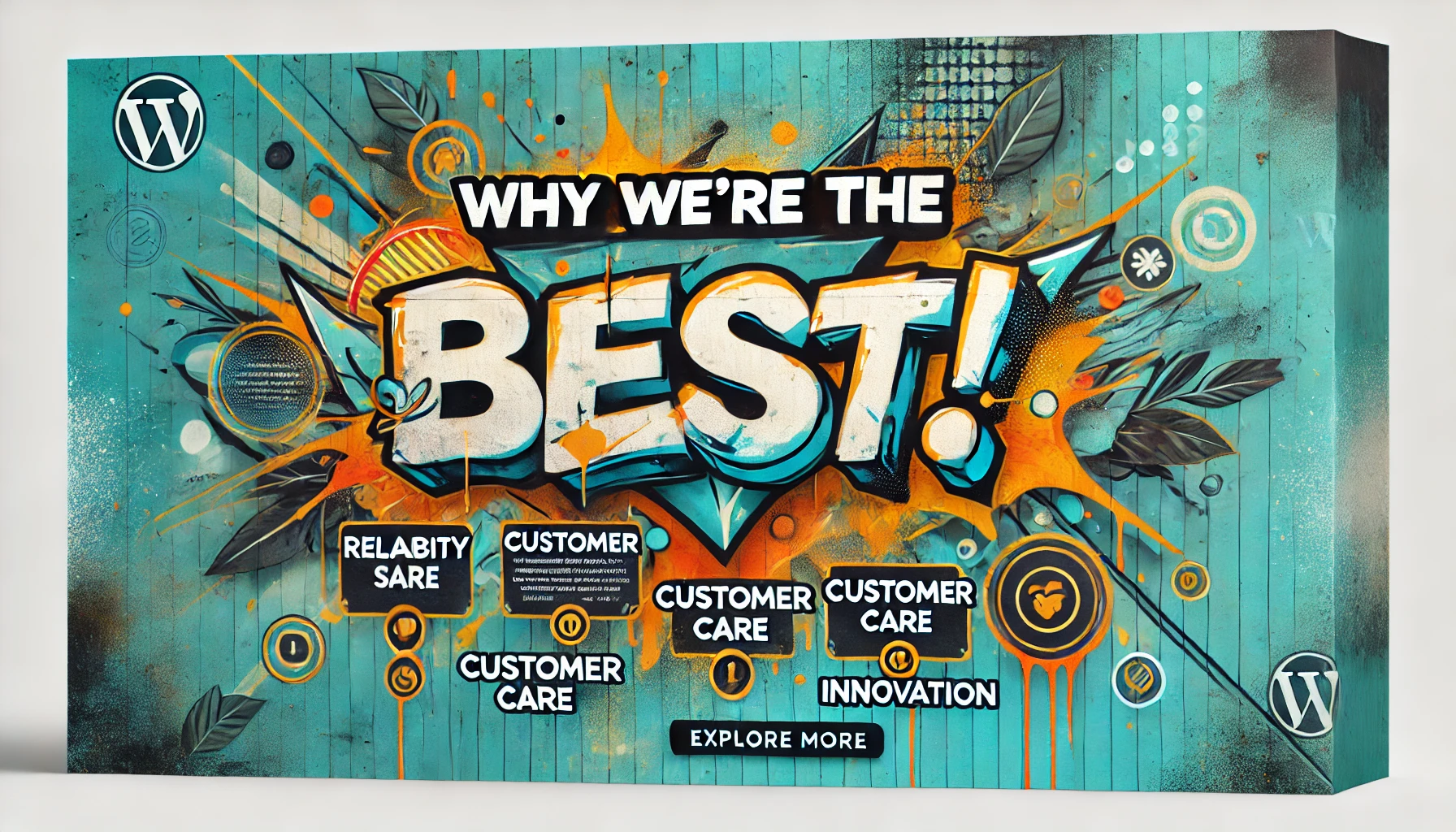The Matt Mullenweg and WP Engine Controversy: Why WordPress Remains Unshaken as the #1 CMS
The recent tensions between WordPress co-founder Matt Mullenweg and managed WordPress hosting provider WP Engine have sparked discussions within the WordPress community about the direction and values of the platform. Despite the controversy, WordPress remains the go-to content management system (CMS) for millions worldwide, with its open-source, community-driven ethos intact.
Let’s break down what’s happening and explore why WordPress remains the top CMS choice, regardless of these internal challenges.
Understanding the Mullenweg-WP Engine Dispute
Matt Mullenweg, CEO of Automattic (the parent company of WordPress.com and a major contributor to the open-source WordPress project), has recently clashed with WP Engine over several key issues. Although the specific details of the dispute aren’t fully public, it’s evident that Mullenweg has voiced concerns about how some hosting companies, including WP Engine, interact with the WordPress project and community.
The core tension seems to stem from a few significant areas:
- Community Contributions vs. Commercial Interests: WP Engine, like other managed WordPress hosts, benefits significantly from WordPress’s open-source framework. Mullenweg has expressed concerns that some hosting companies aren’t contributing back to the community in a balanced way, potentially putting profits over platform support.
- Ethics of Open Source: WordPress was founded on the principle of open-source accessibility, where companies and developers benefit from and contribute to the platform equally. This clash with WP Engine highlights Mullenweg’s desire to keep WordPress a collaborative effort, ensuring that companies using the platform also invest in its future.
- Platform Consistency: Mullenweg’s vision for WordPress emphasizes consistency, transparency, and user experience. Issues arise when commercial entities potentially impact these aspects, whether through proprietary tech on top of WordPress or lack of community involvement. Mullenweg’s vocal stance serves as a reminder that any divergence from these values could impact the platform’s mission.
Despite these disputes, WordPress’s strength as the top CMS remains intact. Here’s why.
10 Reasons WordPress is Still the #1 CMS
- Unmatched Flexibility and Customization
WordPress offers endless customization possibilities. With over 60,000 plugins, users can create almost any type of site they envision, from eCommerce stores to news websites, without significant technical expertise. This versatility is a major draw, as no other CMS offers quite the same level of flexibility. - A Robust, Global Community
WordPress isn’t just a platform; it’s a global community of developers, designers, content creators, and users who contribute to its growth and support. This community creates a wide range of resources, like plugins, themes, and tutorials, ensuring that WordPress remains accessible and up-to-date. - Open-Source Transparency
WordPress’s open-source framework means it’s free to use and continuously improved by developers around the world. The open-source model allows WordPress to grow independently of corporate interests, even amid disputes. Users own their sites and data, and they can host their websites anywhere. - Scalability for All Business Sizes
Whether it’s a small business site or a complex corporate website, WordPress scales effortlessly. Major companies like The New York Times and TechCrunch use WordPress because it can handle high traffic and extensive customization needs, proving that the platform is built for growth. - SEO-Friendly Architecture
WordPress is inherently designed to be SEO-friendly, with clean code and plugins like Yoast SEO and Rank Math that help users optimize content. This SEO advantage means that WordPress sites often perform better in search engine rankings, helping site owners reach a broader audience. - Commitment to Democratizing Publishing
WordPress’s core mission is to democratize publishing, and Mullenweg remains committed to this vision. This mission-driven approach is at the heart of WordPress’s staying power, ensuring that users have access to publishing tools without the need for extensive coding knowledge. - Mobile Responsiveness and Accessibility
With mobile internet usage continuously rising, WordPress ensures that most themes and plugins are mobile-responsive out of the box. This commitment to accessibility extends to making the platform usable by people with disabilities, which is crucial in today’s digital world. - Continuous Improvement Through Frequent Updates
WordPress undergoes regular updates to improve security, performance, and functionality. These updates, led by a community-driven team, demonstrate WordPress’s dedication to quality and innovation, which has kept it at the forefront of the CMS landscape for nearly two decades. - User and Content Ownership
Unlike proprietary platforms, WordPress gives users full ownership of their content. This is especially important as other platforms may place restrictions on data portability. WordPress users can switch hosts and control their data without vendor lock-in, reinforcing the platform’s commitment to user autonomy. - Trustworthiness and Reliability
WordPress has been a dependable choice since 2003, and it powers over 40% of all websites. This track record of stability and dependability has built user trust, making WordPress the platform of choice for companies of all sizes, from startups to Fortune 500 businesses.
Why WordPress Stands Strong Despite Internal Conflicts
The tensions between Mullenweg and WP Engine are part of an ongoing conversation within the WordPress community. These disputes underscore the platform’s dedication to maintaining its mission and values. WordPress’s open-source, community-driven nature means it remains resilient, transparent, and adaptable even as commercial interests grow within the ecosystem.
Ultimately, WordPress’s strength comes from its foundational values, which have kept it grounded and committed to serving users above all else. As long as WordPress upholds these principles, it will continue to lead the CMS landscape, no matter what internal or external challenges arise.

